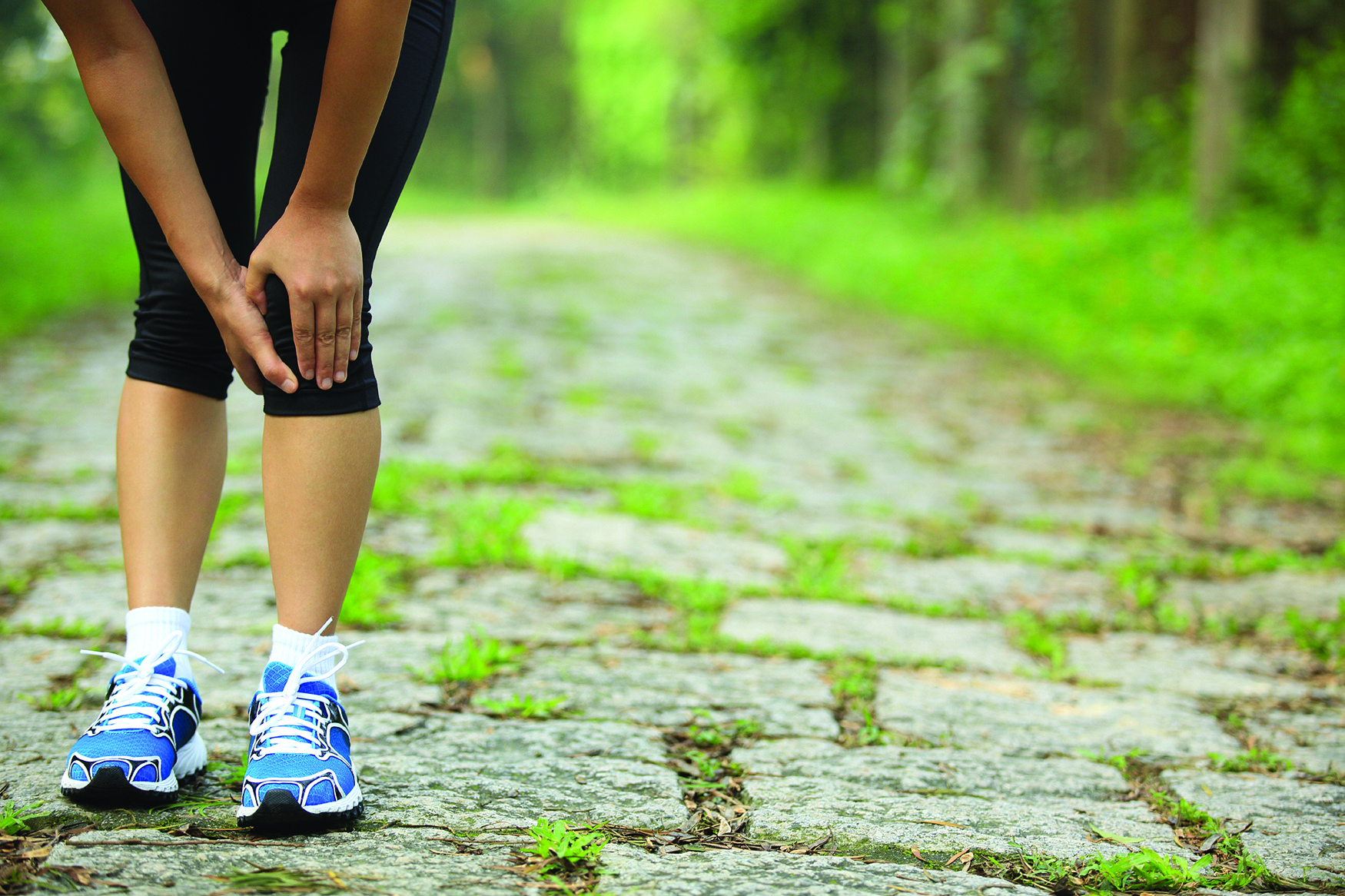
Knee injuries are among the worst nightmares of athletes. Chronic knee injuries such as osteoarthritis are more common in old age. Acute injuries include sprains and strains, and sometimes ligament tears or even fractures in the knee joint. The more severe your injury, the more it will affect your life. A sprain or fractured joint will affect you socially and financially, to be sure, and the pain caused by such an injury may also affect your general physical and mental health.
Who is More Vulnerable to Knee Injuries?
All age groups are prone to knee injuries, from athletic teens to elders, but your vulnerability to knee injury may increase based on your age, gender, physical activity, and diet. The groups more likely to suffer from knee pain are:
1. Athletes. Some athletes, such as basketball and football players, are more prone to knee injuries than others, such as golf and weight-lifting athletes.
2. Older people, irrespective of gender, are more vulnerable to age-related knee issues such as osteoarthritis.
3. People with an unbalanced diet. Diet has a significant impact on the health of joints. A balanced diet helps the well-being of the joints and improves recovery from an injury. If your diet is not balanced, you may be at a higher chance of a knee injury.
4. Obesity is another risk factor for knee injuries and the early development of arthritis. If you are obese, you have a higher chance of knee injury.
How You’re Making Your Knee Pain Worse
When you have knee pain, you might hear a lot of advice about how to make it better. However, it’s difficult to sort out the useful advice from the harmful. Many common tips and practices actually make your knee pain worse. Below are the most likely ways you’re making your knee pain worse.
You’re resting for too long:
Resting for a while is necessary to heal. But too much rest is also dangerous. Your body requires some light exercise to expedite the healing process. Research has shown that aerobic and muscle-strengthening exercises benefit the healing process and relieve osteoarthritis pain in adults. You must ensure that the activity doesn’t exert too much pressure on the knees, or you might make your injury worse.
You don’t know when to stop:
Exercising through your healing process is a good idea, but you must know when to stop. If you don’t, you may make your injury worse, extending the healing process. You must know your limits and take a break from pushing forward when the knee pain isn’t subsiding. You must maintain a balance between rest and exercise to let the body heal.
You’re running on roads or hard surfaces:
It’s not a good idea to run on hard surfaces like concrete – the impact of the hard surface will put significant pressure on your knee and delay your healing or put you at risk of re-injury. It’s better to run on soft surfaces as much as you can. This will lower the risk to your knees, and is also a good idea even if you haven’t had a knee injury.
Your gait or running technique is faulty:
A defective running style or running on a flat foot can worsen any knee injury. It’s a good idea to get a gait analysis by a physiotherapist, who may recommend stretches, correct your running technique, and offer other help, depending on your condition.
You’re wearing the wrong footwear:
Wearing sneakers or flip-flops can harm your knee as they do not provide any cushion or arch support. A better option is wearing shoes with soles that are thick but soft when you exercise. You might consider using gel inserts if you’re flat-footed or your knee is hurting and you need an extra cushion inside your shoes.
You’re not controlling your weight:
Obesity is a growing risk factor for knee injuries, arthritis, and many other conditions. If you weigh more, you’re putting extra pressure on your knees, which harms them and restricts your mobility. You need to look out for your weight if your BMI is more than 23.
Your diet isn’t balanced:
A fatty or imbalanced diet not only delays the healing process but also poses risk factors for a worsening injury. You don’t need to eat less or more, you just need a balanced diet which is the best investment for the long term. A healthy balanced diet will help you keep your energy up to exercise and help you and heal any injuries. If you eat well today, you will have good health tomorrow.
Santa Rosa Orthopaedics Takes Total Joint Replacement to the Next Level
When joint replacement becomes your best option, you can take comfort in knowing that our specialty-trained surgeons offer the latest, state-of-the-art surgical procedures which makes for better outcomes and, in some cases, faster recovery times for our patients. Santa Rosa Orthopaedics total joint specialists offer expertise in hip, knee, elbow, and shoulder replacement surgery. Our state-of-the-art outpatient physical therapy services help to ensure that once damaged joints are healthy again. Read More…

